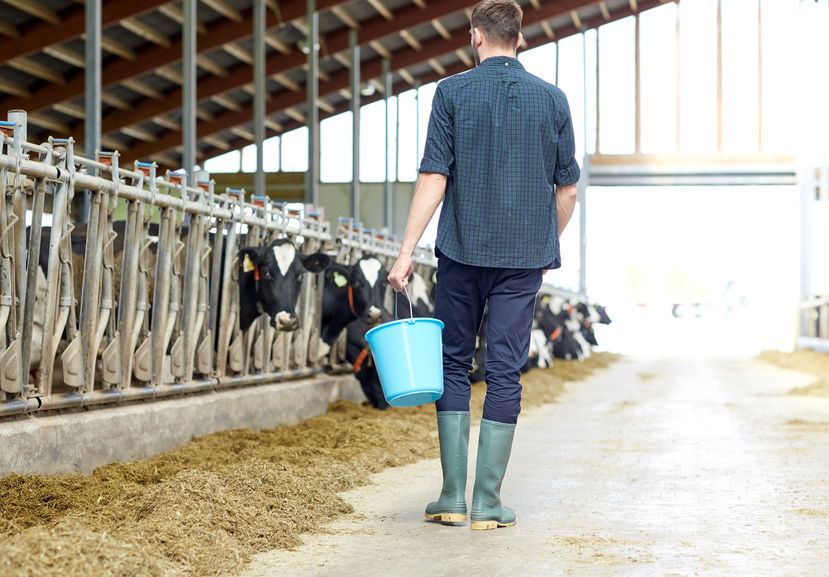
The NFU and Association for Labour Providers (ALP) have launched a 10-point plan to help farmers and growers better recruit and retain workers for the upcoming season.
The plan aims to support employers and agencies in their work sourcing labour, and offers tips and guidance to improve the chances of employment success.
It includes information on achievable activities to support employers and agencies that source labour, to better recruit and retain workers.
The NFU has maintained that a competent and reliable workforce is vital for British farms to continue producing the food to feed the public, and has pressed the government for an urgent solution to avoid any worker shortages.
Statistics from the NFU’s labour providers survey showed that there was a 12.5% shortfall of workers in 2017.
Reliable workforce
NFU horticulture and potatoes board vice-chairman, Derek Wilkinson said that without a reliable workforce farmers don’t have a business.
“We should do everything we can do to attract people to work in farming, whether that’s for a few months of the year, or on a permanent basis. This plan acts as a good checklist for employers looking to improve their chances of recruitment success,” Mr Wilkinson said.
“It goes hand-in-hand with the call to government to provide clarity and assurance that we will have access to the workforce we need, up to and after we leave the EU.
He added: “Farming is a long-term business – on my farm we will be making planting decisions this summer in preparation for next season. I will do everything in my power to attract the workers I need but government has a pivotal role to play here too.”
Post-Brexit strategy
The agricultural industry’s concerns over the Government’s post-Brexit immigration policy are shared across the national economy, according to a report.
The fears were outlined in an interim report by the Migration Advisory Committee (MAC) released earlier this month, which has been commissioned by Home Secretary Amber Rudd to provide evidence to inform the Government’s post-Brexit immigration strategy.
It has taken evidence more than 400 organisations and businesses, including many farm businesses, which is quoted in various places in the report.
Stephanie Maurel, CEO of labour provider Concordia, explained that Brexit has confused EU migrant labour over what it means for them.
“Last year we experienced fewer candidates turning up to recruitment events in Europe, a higher number of people not arriving in the UK to take up their job offer and more workers returning home earlier in the season,” Ms Maurel said.
“The feedback we had from the workforce was that they are confused over what Brexit means for them, the exchange rate isn’t as attractive and they are looking for jobs outside farming – this is especially true of those with good levels of English.
She added: “We’re confident that we’ll be able to meet our clients’ labour requirements in 2018 but both we, and the businesses we supply workers to, will need to continue to work hard to attract the right number and calibre of workers.”
